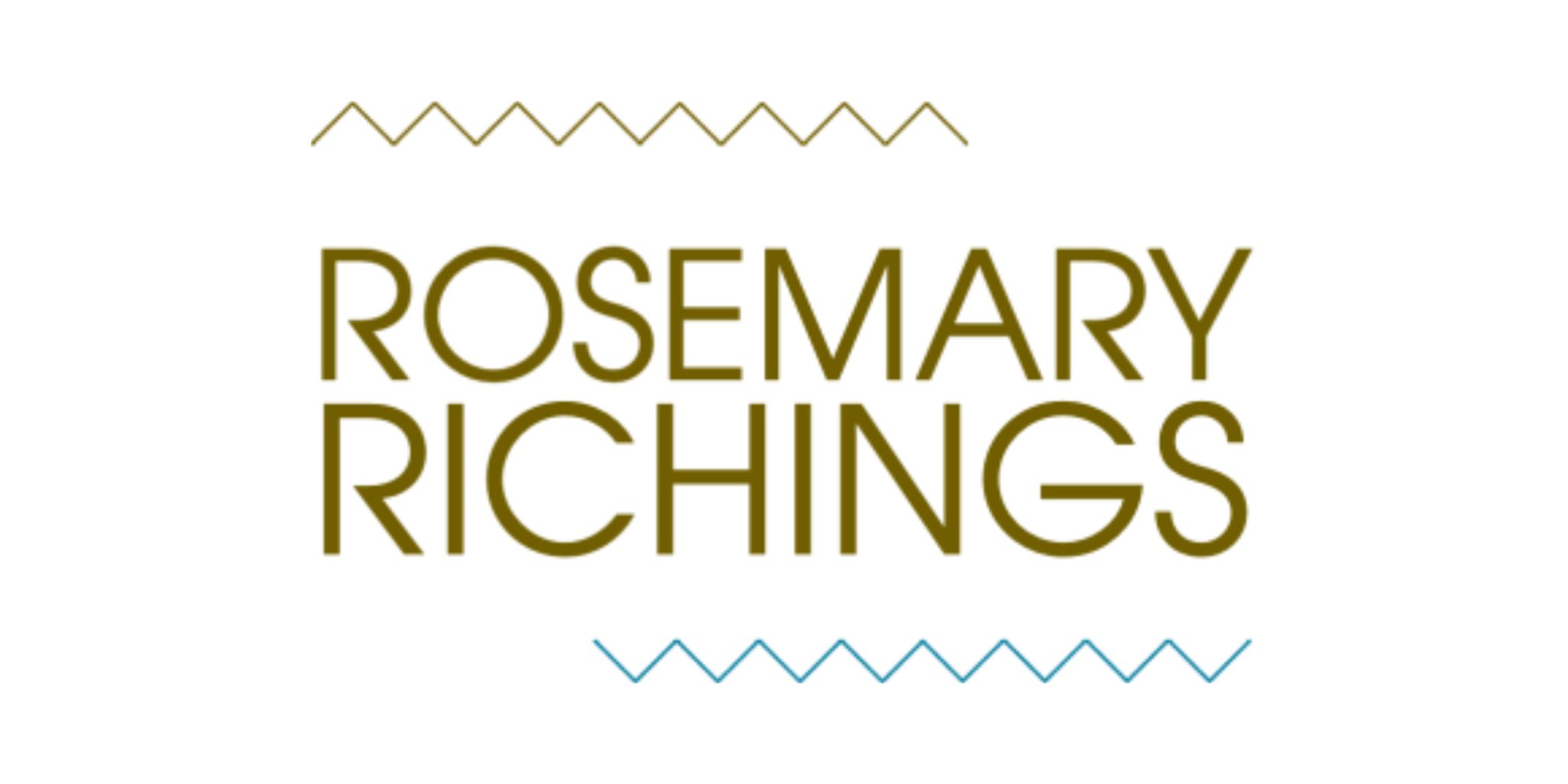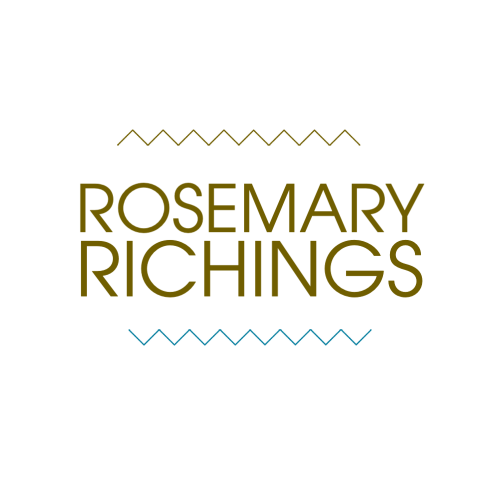Last time I talked about interviews I forgot one, crucial thing: the importance of neutrality. One of the projects I’m working on is an article on Uber, the popular ride sharing ap. Because it has been such an ongoing source of controversy everyone I’ve interviewed, and every article I’ve read about Uber either is extremely enthusiastic about the idea of Uber, or despises Uber passionately.
Sometimes there’s a slightly more neutral perspective on an issue, but Uber invokes almost as much controversy as hot topic, political issues, such as abortion, gay marriage, etc. When you’re interviewing someone, and they perceive what you’re talking about as a source of evil, or some sort of saviour the reality is that you’re not going to agree with them, 100 % of the time.
No matter what people say about a specific topic, when your only intention is to get a good article quote from them, I’m a firm believer in not making it about the interviewer, in any shape or form. Every time neutrality becomes challenging, I think of my friend that I’ve known since my early high school days. The reason why I think of her is simple: she has this comfortable, genuine, friendly way of talking to people. When they have something to say, she just smiles, and non-judgementally lets them have their opportunity to talk. The reason why it works, when I’m the interviewer is simple: it makes them feel at ease, and like they can say whatever they want.
The problem with debate approaches to interviews is that the person feels as if they have to defend their point of view, rather than speak their mind about their point of view. So what do I really mean by that? If I impose a question that makes them seem like the bad guy they feel as if they have to make themselves look good. If I simply ask a question, without imposing a perspective they feel as if they can say whatever they want. The thing with journalism, as a storytelling medium is that the people you interview are often anxious to not say the wrong thing. If you connect with them in a friendly manner, and show that you’re genuinely interested in what they have to say, they will openly tell their story.
I know that everyone has their own, personal bias. I got my BA from a liberal arts college, and every course I took, that didn’t relate to my major consistently reiterated that everyone, always, imposes their own personal bias.
At the end of the day, when I write an article, it’s about telling the story. I don’t want to point fingers, and call someone good or evil. I want to look at an issue in a much more complex fashion than that; I prefer to show both sides of the debate. I started watching The Wire recently, and I think that it perfectly captures my typical perspective: the idea that nobody is a 100% good or evil.
You’re probably wondering what I think of Uber, but honestly, for the sake of my article, I’m not going to make this about what I think. I’m currently taking a course, where some of the students are working towards an editing certificate, and some of the students are working towards a journalism certificate. One day I will ask them if neutrality is a possibility, because I’m sure they’ll all have passionate opinions on that particular topic.

